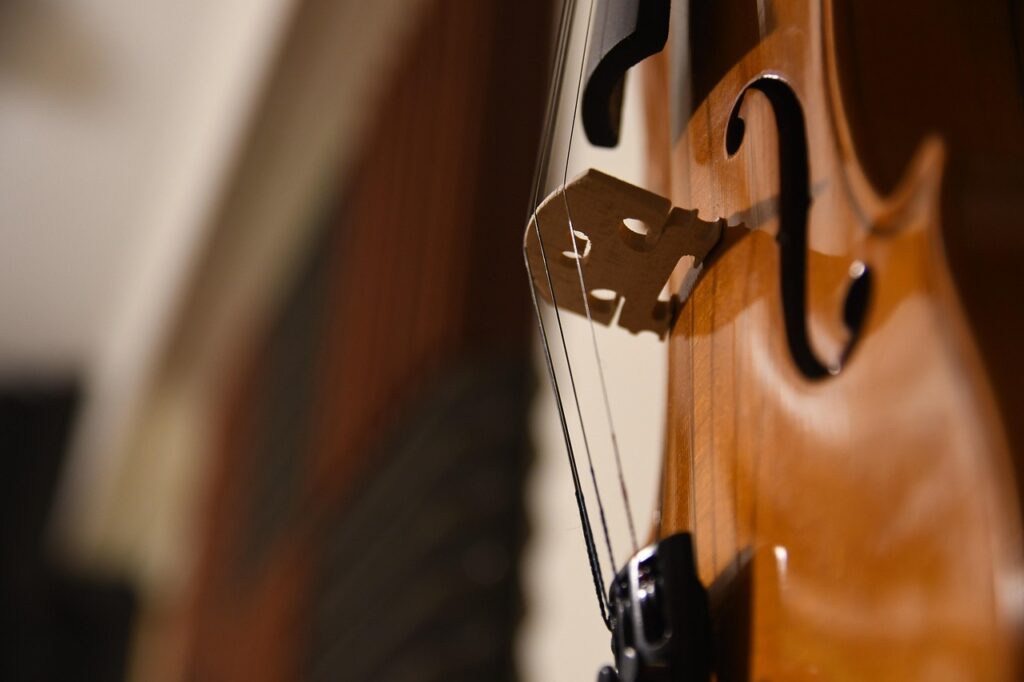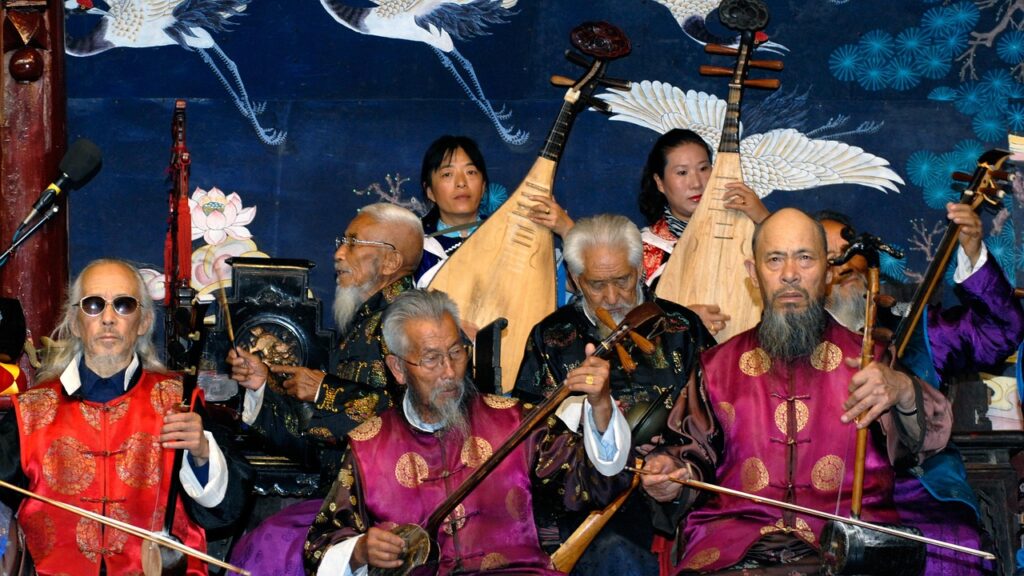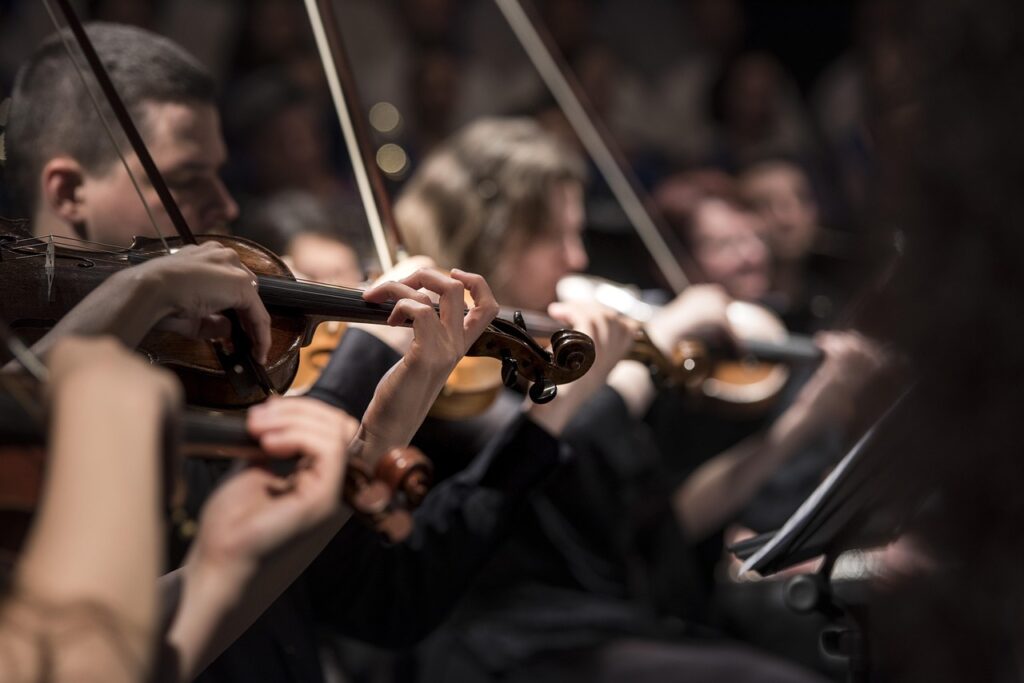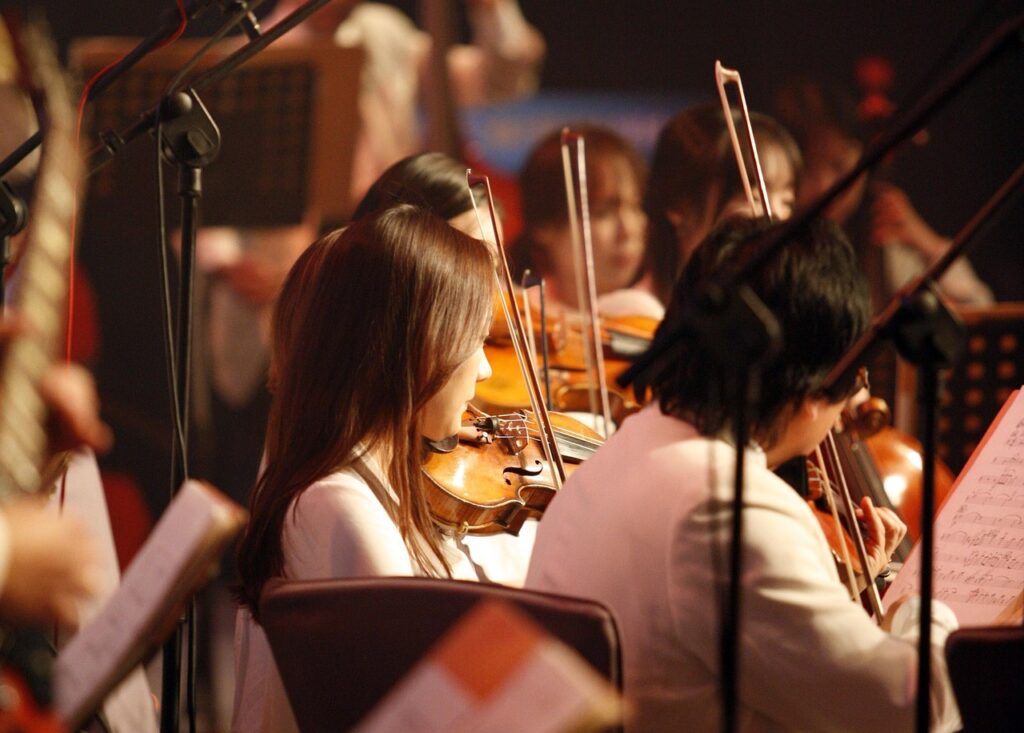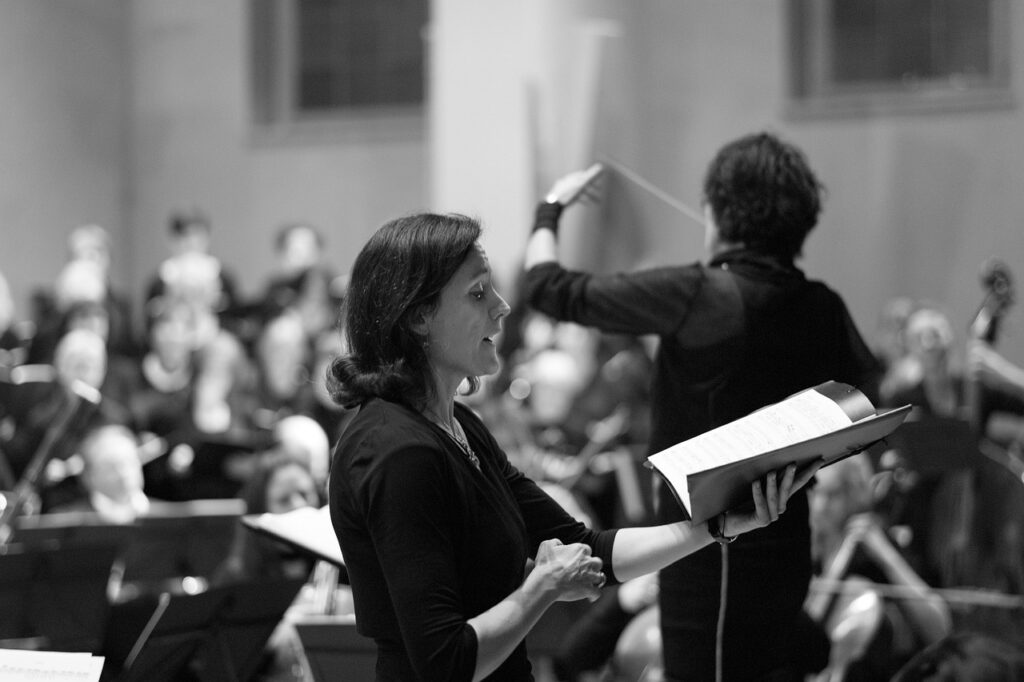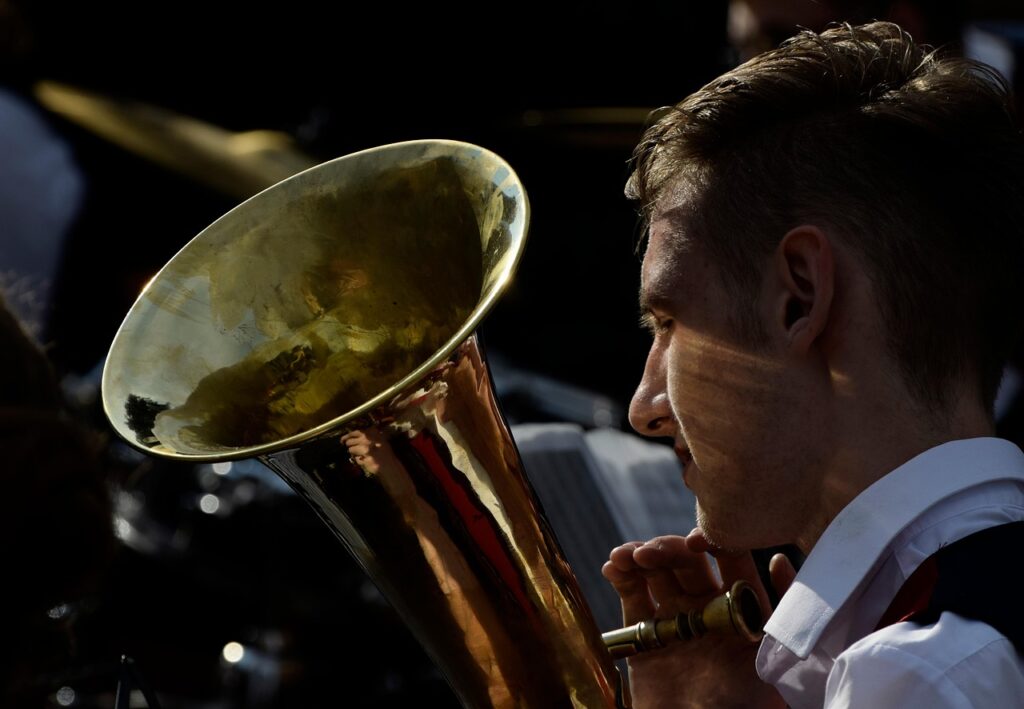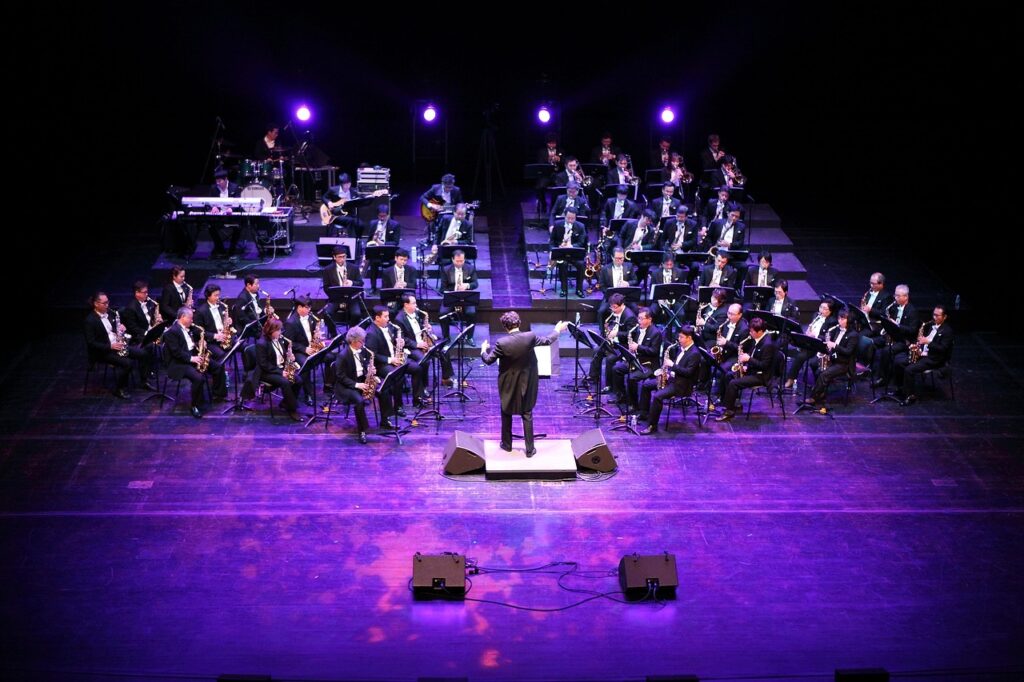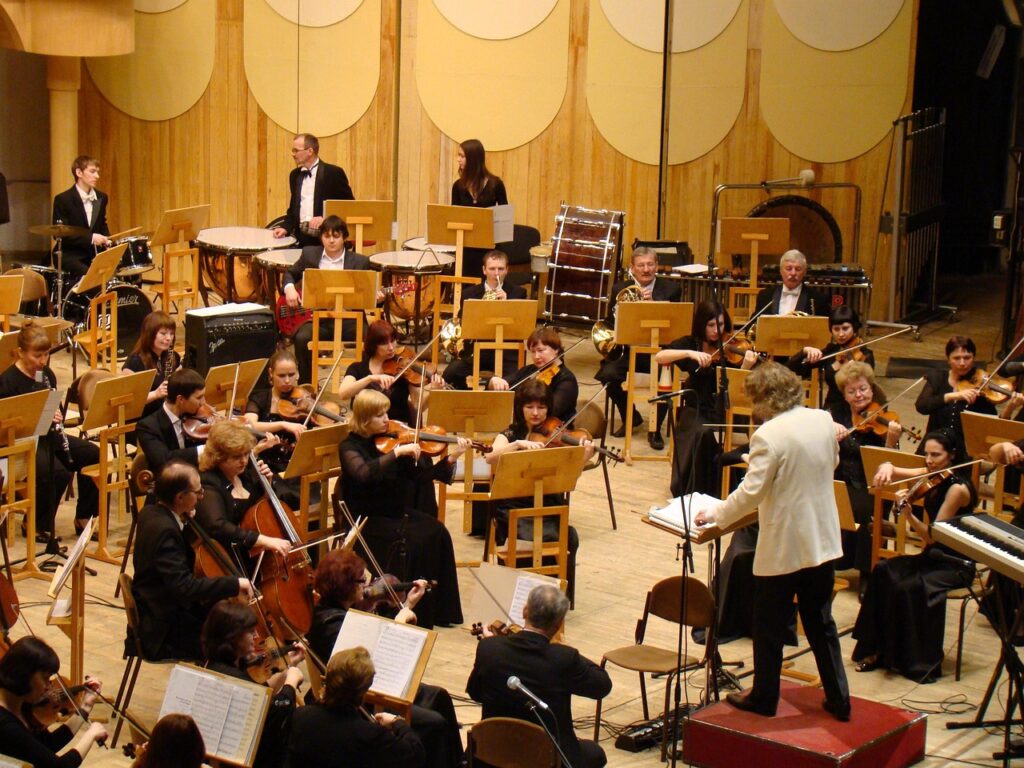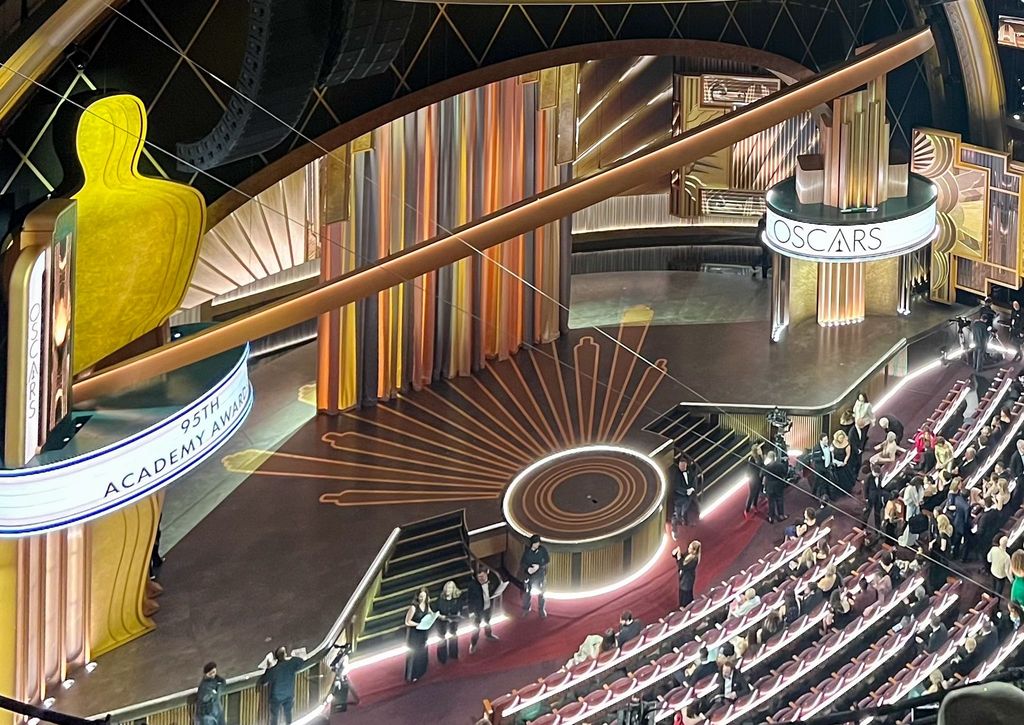Christoph von Dohnanyi, the German conductor revered for his profound musical intellect and his transformative 18-year tenure as music director of the Cleveland Orchestra, has died at the age of 95. His passing on Saturday in Munich marks the end of an era for classical music, leaving behind a legacy of meticulous artistry and a deeply respected commitment to the composer’s intent.
His long, harmonious leadership of the Cleveland Orchestra, from 1984 to 2002, was widely celebrated as one of the most felicitous pairings in classical music history, restoring and burnishing the ensemble’s reputation for impeccable sheen and precision. Beyond Cleveland, Mr. Dohnanyi was a sought-after guest conductor with major symphonies and opera companies across the globe, holding titles such as honorary conductor for life of the Philharmonia Orchestra in London.
Mr. Dohnanyi’s life was profoundly shaped by a distinguished family heritage marked by both musical genius and the harrowing realities of wartime resistance. This unique background, coupled with his relentless pursuit of artistic truth, imbued his conducting with a clarity and depth that earned him admiration from musicians and audiences worldwide.
1. **A Life Concluded: Christoph von Dohnanyi’s Passing at 95**Christoph von Dohnanyi, a conductor internationally acclaimed for his profound impact on classical music, particularly during his tenure with the Cleveland Orchestra, passed away at the age of 95. He died on Saturday in Munich, Germany, with the news formally announced by the Cleveland Orchestra in a statement released on Monday. The announcement elicited a wave of tributes from prominent figures in the classical music world.
Markus Hinterhäuser, the artistic director of the Salzburg Festival, praised Dohnanyi as “A grand seigneur among the great international conductors to whom the Salzburg Festival owes its world reputation.” This sentiment underscored the maestro’s significant contributions to one of Europe’s most prestigious musical events, where he made 77 appearances between 1962 and 2014, including the world premiere of Hans Werner Henze’s “Die Bassariden” in 1966.
Echoing this respect, Daniel Froschauer, chairman of the Vienna Philharmonic, stated, “We will remember his artistic work with sincere appreciation. Our thoughts are with his family.” The Cleveland Orchestra itself issued a statement late Sunday, mourning his passing, with President and CEO André Gremillet remarking, “Christoph von Dohnányi was a superb conductor and Music Director, respected the world over.”
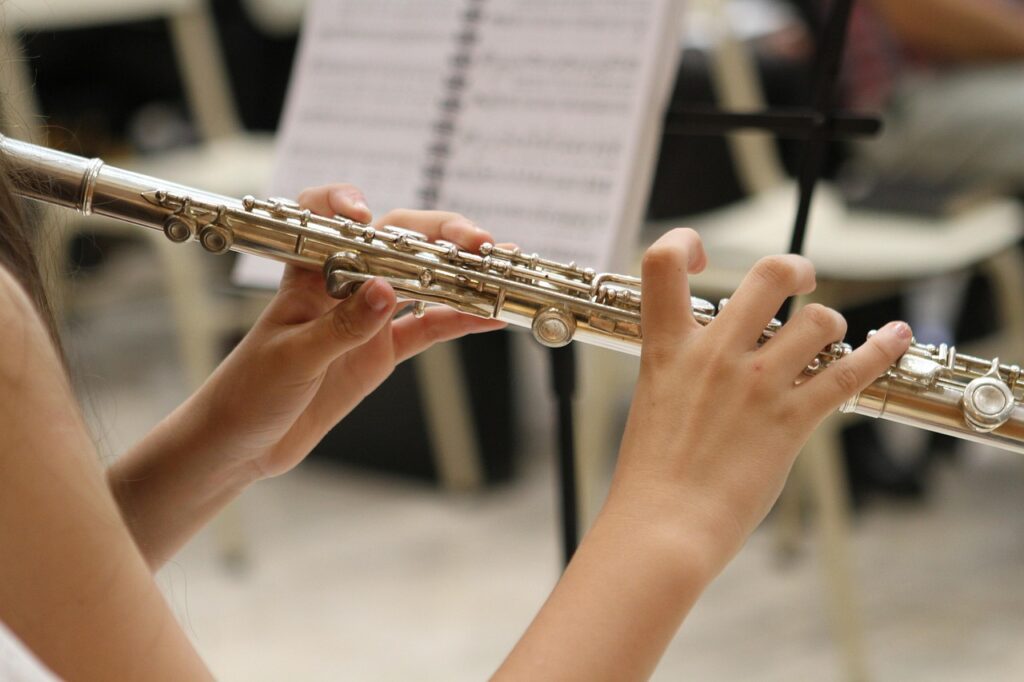
2. **A Storied Family Heritage: Roots of Resistance and Musical Genius**Born in Berlin on September 8, 1929, Christoph von Dohnanyi emerged from a family deeply intertwined with both music and history. His father, Hans von Dohnanyi, was a prominent jurist in the German ministry of justice, while his mother, Christine (Bonhoeffer) Dohnanyi, a botanist, was the sister of the admired Protestant theologian, Dietrich Bonhoeffer.
The Dohnanyi family’s lineage extended further into musical greatness through his paternal grandfather, Erno Dohnanyi (known in Germany as Ernst von Dohnányi). A well-regarded Hungarian composer, conductor, and pianist, Ernst von Dohnányi’s connections to 19th-century masters like Brahms and Liszt provided a rich musical inheritance that Christoph would later embrace and embody.
Crucially, his family stood defiantly against the Nazi regime. Hans von Dohnanyi and Dietrich Bonhoeffer were active members of the German Resistance, with Hans playing a central role in an unsuccessful plot to assassinate Hitler in March 1943. Both his father and uncle were arrested by the SS in April 1943, imprisoned, tortured, and ultimately hanged in the spring of 1945, just weeks before Hitler’s suicide and Germany’s surrender. Christoph von Dohnanyi himself contributed to a timeline of these events for the Cleveland Orchestra, ensuring their story was remembered.
This “storied family history gave him a unique musical perspective,” as Cleveland Orchestra CEO André Gremillet observed. The wrenching losses and experiences of his boyhood profoundly shaped his character, fostering a heightened suspicion and a preparedness for adversity, yet also developing “your attachment to art… because art, like religion and so on, is some kind of a help in those days,” he reflected in a 2002 NPR interview.
3. **From Law to Lieder: Formative Years and Pivotal Education**The devastating impact of World War II and the subsequent collapse of Nazi Germany initially steered Christoph von Dohnanyi away from music and towards a career in law. After the war, he entered the University of Munich, dedicating two years to legal studies, driven by a profound sense of duty. As he told The Boston Globe in 2013, “In those days, we thought even if you are maybe inclining to be an artist or go into music, the most important thing is to build your country up again.”
However, his innate passion for music, which he had studied seriously as a child, eventually prevailed. He transferred to Munich’s Musikhochschule, where he immersed himself in piano, composition, and conducting. His dedication and talent quickly became evident, culminating in his winning the prestigious Richard Strauss Prize of Munich for his compositions and conducting prowess.
Following his success in Munich, Mr. Dohnanyi embarked on a transatlantic educational journey. He spent a summer studying composition with his illustrious grandfather, Ernst von Dohnányi, who was then a faculty member at Florida State University in Tallahassee from 1952 to 1953. This period allowed him to absorb profound musical insights directly from his esteemed ancestor.
Further enriching his conducting education, Christoph von Dohnanyi studied under the legendary Leonard Bernstein at the Boston Symphony Orchestra’s Tanglewood Music Center. These formative experiences in both Europe and the United States laid a robust foundation for his future career, blending the rigorous traditions of Central European music with American dynamism and innovation.
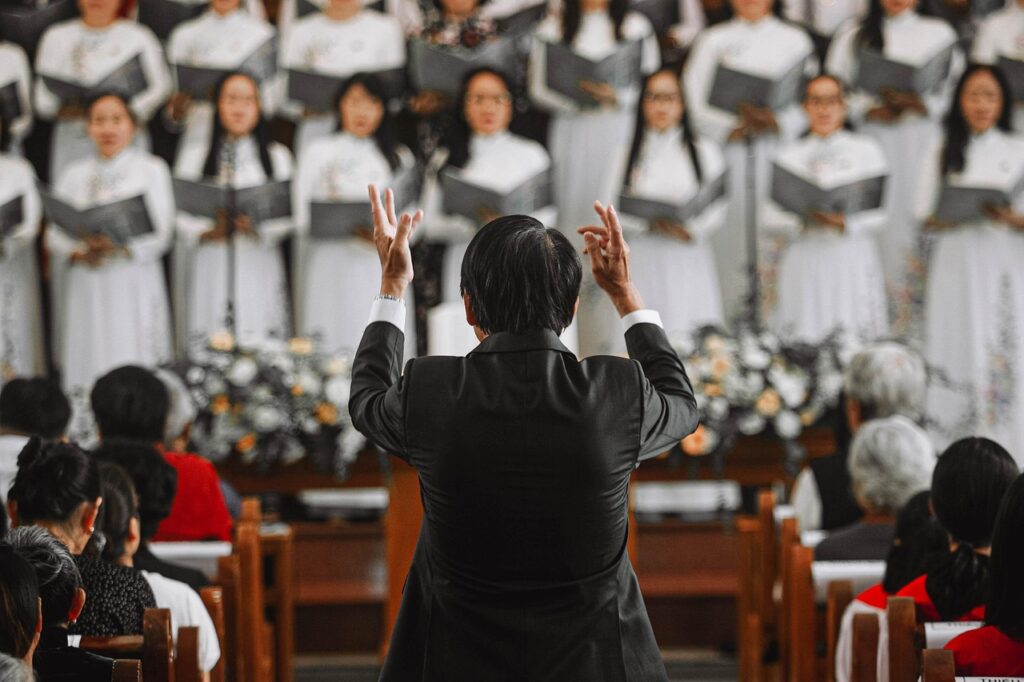
4. **Forging a Path: Early European Operatic and Orchestral Engagements**Upon his return to West Germany in 1952, Christoph von Dohnanyi began his professional career, quickly ascending through the ranks of Europe’s vibrant musical institutions. His initial crucial role was as an assistant conductor and repetiteur to the esteemed Georg Solti at the Frankfurt Opera, commencing in 1953. This apprenticeship under a titan of conducting provided invaluable practical experience in the demanding world of opera.
This foundational experience propelled him into a series of significant leadership positions across Germany. From 1957 to 1963, he served as the general music director at the Lübeck Opera, where he honed his skills in directing full operatic productions. His talent was recognized internationally early on, leading to his U.S. debut with the St. Louis Symphony Orchestra in 1961.
He continued his trajectory as general music director of the Staatstheater Kassell from 1963 to 1966, simultaneously holding the position of chief conductor of the WDR Symphony Orchestra in Cologne from 1964 to 1970. These early posts allowed him to develop a broad repertoire and a distinctive conducting style in both operatic and symphonic settings.
Mr. Dohnanyi then returned to the Oper Frankfurt, where he served as artistic and music director from 1968 to 1977. Notably, this was several years after Georg Solti had departed, and he did not directly succeed Solti, as other conductors preceded him. Following this, he took the helm as music director of the Hamburg State Opera from 1977 to 1984, a period during which his brother Klaus served as Hamburg’s mayor, from 1981 to 1988.
5. **The Cleveland Orchestra’s Unexpected Maestro: A Breakthrough Debut**In the early 1980s, the Cleveland Orchestra faced a challenging search for a successor to its music director Lorin Maazel, a process that had spanned more than two years. The institution was seeking a leader who could follow in the immense footsteps of George Szell, whose masterful quarter-century tenure had established the orchestra’s impeccable sonic sheen. It was within this context that Christoph von Dohnanyi, then head of the Hamburg State Opera and comparatively unknown in the United States, arrived on the scene.
His debut as a guest conductor at Severance Hall in December 1981 proved to be a pivotal moment. The concerts, which featured works by Bartok and Dvorak, were met with “outstanding success.” This single week on the Cleveland podium had an undeniable impact, not only on the audience and critics but, more importantly, on the musicians themselves.
Mr. Dohnanyi himself recalled the unusual warmth of the musicians’ farewell: “Normally, one or two or five musicians come to say goodbye,” he told The New York Times in 1984. “In this case, at least 20 musicians came. So, I was happy, but I didn’t think anything more about it.” This unexpected rapport was a clear signal that something special had transpired.
This powerful connection ultimately convinced most of the orchestra’s personnel and, subsequently, its board, that he was the right choice to lead them. His remarkable guest appearance led to his appointment as music director-designate in March 1982, effectively securing his place as the sixth music director in the orchestra’s history and setting the stage for a legendary collaboration.
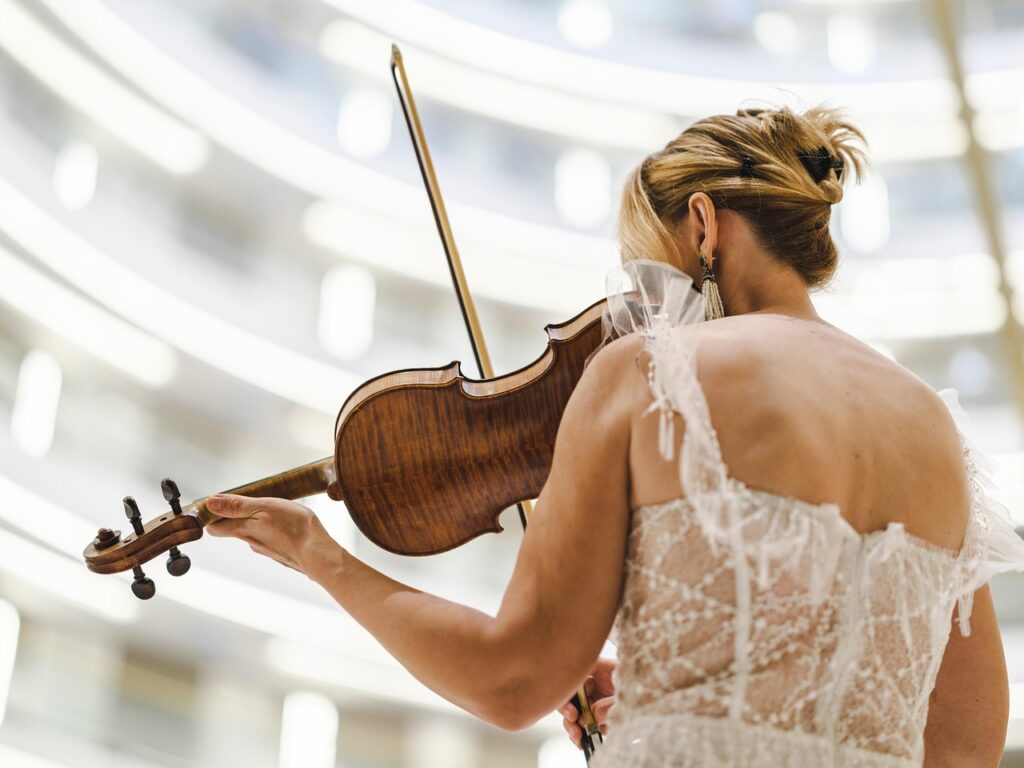
6. **Eighteen Years of Transformation: Defining the Cleveland Era**Christoph von Dohnanyi officially commenced his duties as music director of the Cleveland Orchestra in September 1984, embarking on a tenure that would span an extraordinary 18 years, concluding in 2002. This period is widely regarded as one of the finest musical partnerships of the 20th Century, a time during which he cemented the orchestra’s reputation as a global powerhouse in classical music.
Under his leadership, the Cleveland Orchestra became remarkably prolific in the recording studio. Mr. Dohnanyi recorded “more than 100 works with the ensemble,” a staggering output that made it “the most-recorded American orchestra of the time.” These recordings showcased the orchestra’s exceptional artistry and his own interpretive depth to a worldwide audience, preserving a significant body of their work for posterity.
His concert programming was consistently admired for its expansive reach and intellectual rigor. It demonstrated a remarkable “breadth of repertoire, spanning the late 18th century to recent and commissioned works.” This commitment to both classical masterpieces and contemporary compositions distinguished his approach, challenging and enriching the musical landscape for both the musicians and their audiences.
Indeed, his tenure saw him elevated to the esteemed position of the orchestra’s music director laureate in 2002, a testament to the profound and lasting impact he had on the ensemble. “It’s been the main part of my musical life,” Dohnanyi reflected in 2002. “I learned so much from this orchestra. This absolutely boosted my understanding of music and music-making. It was a very important time for me. It set standards.”
7. **A “Rolls-Royce of Orchestras”: Dohnanyi’s Democratic Leadership and Sonic Sheen**Christoph von Dohnanyi arrived in Cleveland following a period when, as many reviewers observed, the orchestra’s famed “sonic sheen” had “coarsened during the Maazel years.” He was widely credited with meticulously restoring this exquisite polish, bringing the ensemble back to the pinnacle of orchestral sound, cementing its status as “this Rolls-Royce of orchestras,” as he affectionately called it.
His leadership style was a distinctive blend of “tightly disciplined yet strikingly democratic control.” Unlike the autocratic methods of his legendary predecessor, George Szell, Dohnanyi fostered an environment of mutual respect with the musicians. He articulated this shift in a 1995 interview with The Chicago Tribune, noting, “If Reiner or Szell wasn’t pleased about something, he would fire members of the orchestra. You cannot do this today, and I think it’s good you can’t. These days you have to convince musicians by what you know and what you want, rather than dictate terms to them.”
This philosophy cultivated a unique collaborative spirit within the orchestra. Dohnanyi himself emphasized this special characteristic: “The real, very special (characteristic) about the Cleveland Orchestra is that people, musicians, are used to listen to each other very much. All orchestra should do it, many do it, but very few do it to the extent the Cleveland Orchestra is able to do it.” This deep internal cohesion contributed significantly to their renowned sound.
Under his stewardship, the Cleveland Orchestra not only reaffirmed its artistic excellence but also broadened its appeal. It attracted younger audience members and actively commissioned new works from significant contemporary composers such as the German Matthias Pintscher, the Finnish Magnus Lindberg, and the American Philip Glass. Such was its distinction that Time magazine, in 1994, famously dubbed the Cleveland Orchestra “the best band in the land,” a testament to Dohnanyi’s profound influence and the lofty standards he maintained.
8. **Meticulous Interpretations and Unwavering Fealty to Composer’s Intent**Christoph von Dohnanyi’s profound artistic vision was centered on an unwavering commitment to the composer’s intent, an approach that defined his meticulous and unfussy interpretations. He was widely esteemed for a conducting style that prioritized clarity and truth in music, contrasting notably with the more effusive or overtly dramatic methods of some contemporaries. This deeply cerebral approach, as observers noted, was evident in every performance, inviting audiences to experience the music with a renewed sense of its original design.
Indeed, critics often characterized Dohnanyi’s interpretations as “calculated, disciplined, transparent, unsentimental but deeply committed.” Such precision ensured that every nuance of the score was audible, allowing the texture of each note to be heard plainly. This lucidity, combined with a warmth that permeated his sound, fostered an environment where the orchestra could perform with “reflexive power and clarity,” making his beat easy for both players and audiences to follow.
This exacting standard was not merely a stylistic choice but, as suggested in his own reflections and by those who knew him, a deeply personal conviction. The wrenching losses and experiences of his boyhood, profoundly shaped by his family’s resistance to the Nazi regime, cultivated in him a heightened suspicion of superficiality and a profound attachment to art as a form of help and truth. This background undoubtedly imbued his conducting with a clarity and depth that transcended mere technical proficiency, forging a powerful connection to the enduring message of the music itself.
9. **Championing the 20th-Century and Contemporary Repertoire**Beyond his acclaimed interpretations of classical masterpieces, Christoph von Dohnanyi distinguished himself as an ardent champion of 20th-century and contemporary repertoire, a challenging endeavor in an era when such works were often a “notoriously hard sell for contemporary American audiences.” His programming was deliberately expansive, demonstrating a deep conviction in the value of new music and its place alongside the established canon. He believed that an orchestra’s duty extended to fostering the music of its own time, ensuring its continued evolution.
Mr. Dohnanyi employed a “canny way” of integrating contemporary compositions into his concerts, a strategy he openly discussed. He understood the need to first establish trust and demonstrate his versatility across traditional repertoire. “First you have to establish you’re not one-sided, you’re able to do Brahms and Mahler as well as contemporary works,” he explained. “And they say: ‘OK, his Mozart was beautiful, why does he choose to do the other stuff? How can he like it? Are we missing something?’ That’s how you get along.” This thoughtful approach gradually cultivated a more receptive audience for challenging new works.
Under his stewardship, the Cleveland Orchestra actively commissioned and performed new compositions from a diverse array of significant contemporary artists. Notable among these were the German composer Matthias Pintscher, the Finnish composer Magnus Lindberg, and the American Philip Glass. This commitment to both the classical and the cutting-edge underscored his belief in a living, evolving musical tradition and enriched the cultural landscape for musicians and listeners alike.
Read more about: Christoph von Dohnanyi: Unveiling the Enduring Legacy of a Globally Admired Conductor Who Shaped Modern Classical Music
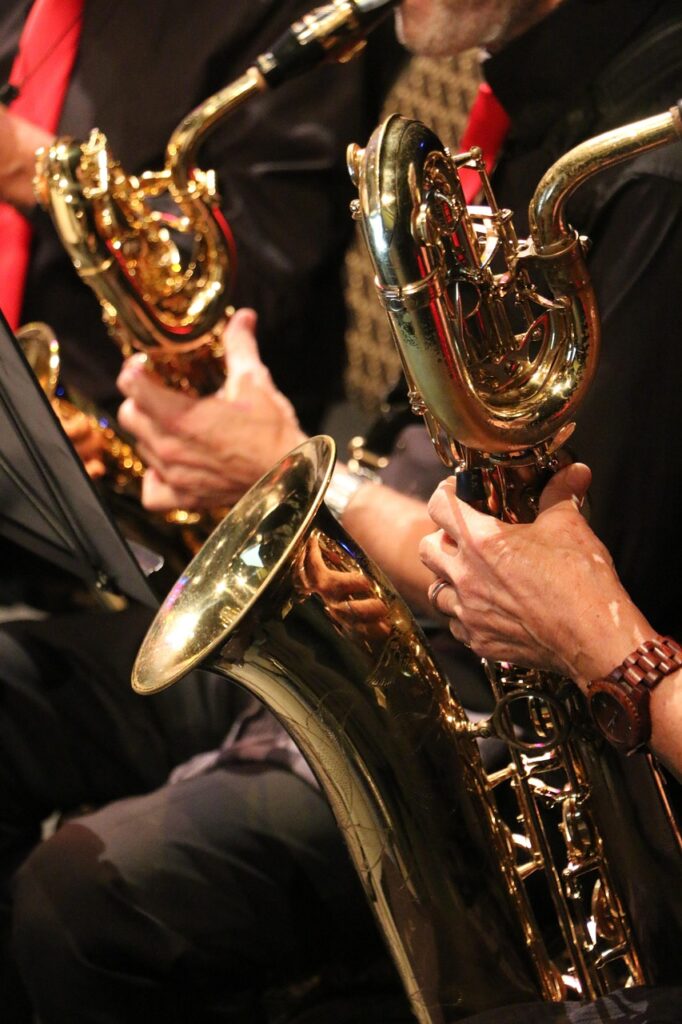
10. **Expansive Programming: Spanning Centuries and Enriching the Musical Landscape**Christoph von Dohnanyi’s commitment to an extraordinarily broad repertoire was a hallmark of his tenure, particularly with the Cleveland Orchestra. His concert programming was consistently admired for its intellectual rigor and its expansive reach, encompassing works from the late 18th century through to recent and specially commissioned pieces. This comprehensive approach ensured that the orchestra’s seasons offered a rich tapestry of musical history, appealing to diverse tastes while subtly educating the audience.
He meticulously curated programs that showcased both the grandeur of the Austro-German tradition and the intricacies of modernism. His recordings with the Cleveland Orchestra attest to this breadth, including comprehensive cycles of the Beethoven, Brahms, and Schumann symphonies, alongside significant interpretations of Bruckner and Mahler. This dedication to both the core symphonic canon and its evolutionary paths demonstrated a conductor deeply invested in the full spectrum of classical music.
His self-described “selfish” desire to conduct “everything” was rooted in a genuine intellectual curiosity and a refusal to specialize narrowly. “I don’t want to specialize in contemporary music, but I could not live with myself if I did not understand it,” he stated. This philosophy imbued his programming with a sense of adventure and discovery, consistently challenging and enriching the musical landscape for both the esteemed musicians under his baton and the audiences who gathered to experience their performances.
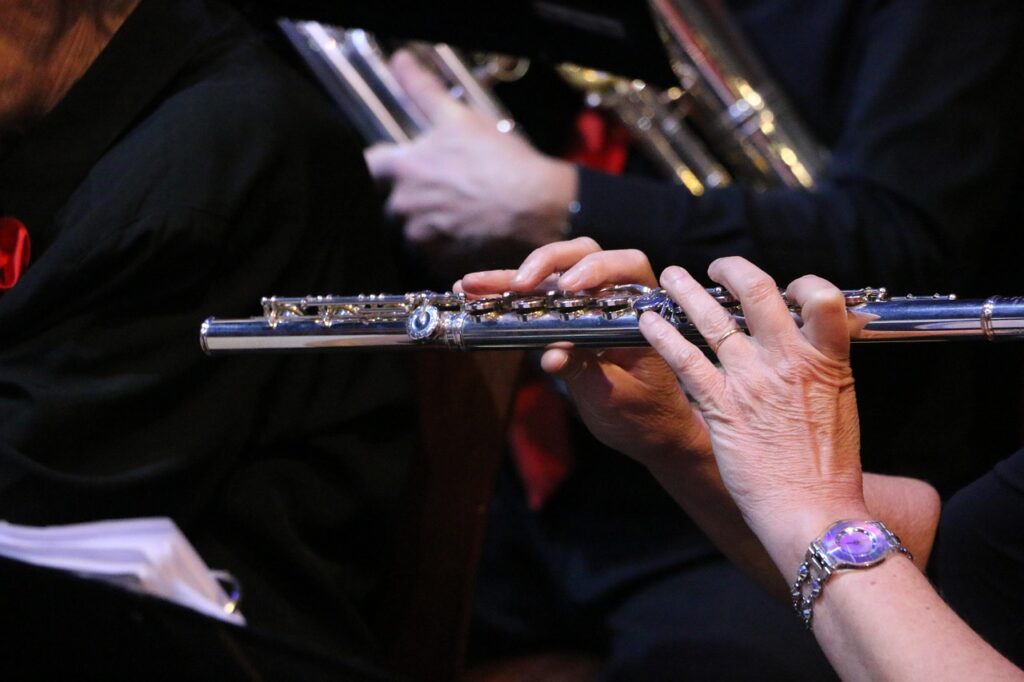
11. **The Ambitious Wagner ‘Ring’ Cycle: A Troubled Grand Project**Among the most ambitious undertakings of Christoph von Dohnanyi’s tenure was the monumental Wagner “Ring” cycle, a project described as “one of the great, if troubled, projects of Dohnanyi’s tenure.” The initial vision was grand: concert performances of each of Wagner’s four operas at Severance Hall, followed by studio recordings for the prestigious Decca Records. This endeavor aimed to capture the Cleveland Orchestra’s exceptional artistry in one of classical music’s most demanding and revered works, cementing a significant legacy.
However, this ambitious plan faced an unforeseen challenge with the “collapse of the classical recording industry” in the late 1990s. As a result, only the first two installments, “Das Rheingold” and “Die Walkuere,” were successfully preserved on record, receiving wide acclaim upon their release in the early 1990s. The subsequent cancellation of the second half of the cycle by Decca left the project incomplete, a source of considerable disappointment for the conductor.
Mr. Dohnanyi deeply lamented the abandonment of the full studio recording, expressing strong concerns about its impact on the orchestra’s standing. “The reputation of this orchestra is hurt by not completing this project,” he told The Cleveland Plain Dealer, advocating for the minute acoustic control that studio recordings afforded over live concert recordings. Although his tenure concluded with an unrecorded performance of the third opera, “Siegfried,” and discussions for the final opera, “Goetterdaemmerung,” as music director laureate were ultimately canceled due to budgetary concerns, the aspiration and partial achievement of the “Ring” cycle remained a testament to his bold artistic vision.
12. **Other Major Operatic Projects and Innovative Staging**Beyond the monumental Wagnerian efforts, Christoph von Dohnanyi consistently brought major operatic works to the Severance Hall stage in concert performance, further showcasing the Cleveland Orchestra’s versatility and his profound understanding of the genre. These included powerful renditions of Beethoven’s “Fidelio” and Alban Berg’s challenging “Wozzeck,” both of which garnered significant critical attention for their intensity and musical integrity. Such projects underscored his commitment to presenting opera’s dramatic and musical complexities within the symphonic context.
Mr. Dohnanyi also ventured into the realm of staged opera, demonstrating an innovative theatrical flair. A notable example was the “wildly imaginative production” of Mozart’s “The Magic Flute” at Blossom Music Center in August 1985. In a unique dual role, he not only conducted the intricate score but also personally staged the entire opera. While greatly admired for its artistic ambition and execution, the production was also recognized for its “exorbitant” cost, highlighting the challenges of such large-scale artistic endeavors.
His engagement with staged works continued the following summer with a production of Lehar’s “The Merry Widow” at Blossom, a collaboration with Brussels’ Theatre de la Monnaie, featuring German soprano Anja Silja, then his wife, in the title role. Despite these successes, Dohnanyi eventually became somewhat disenchanted with Blossom, having envisioned its transformation into a genuine international arts festival. However, budgetary concerns led the Musical Arts Association to balk at this ambitious idea, illustrating the perennial tension between grand artistic aspirations and practical financial realities.

13. **Extensive Global Tours and Prestigious Festival Residencies**Christoph von Dohnanyi’s extensive international influence was undeniably amplified through the Cleveland Orchestra’s ambitious touring schedule under his leadership. He led the ensemble on “more than a dozen international tours,” presenting their artistry in major musical centers across Europe and Asia. These global engagements not only enhanced the orchestra’s worldwide reputation but also introduced its distinctive sound to new audiences, including a landmark debut in the People’s Republic of China in 1998. Additionally, he conducted numerous concerts throughout the United States, with performances by Dohnanyi and Cleveland at Carnegie Hall consistently regarded as highlights of New York’s musical life.
His tenure marked a significant achievement with the Cleveland Orchestra becoming “the first American orchestra in decades to serve as a resident ensemble at the prestigious Salzburg Festival in Austria.” This residency was a testament to the orchestra’s elevated international standing, allowing them to participate in one of Europe’s most revered musical events. Further solidifying their global presence, summer trips to Europe frequently included appearances at the renowned Edinburgh and Lucerne festivals, as well as the festive BBC Proms at London’s Royal Albert Hall, firmly establishing the orchestra as a fixture on the international festival circuit.
Beyond his work with Cleveland, Dohnanyi himself maintained a formidable international presence as a guest conductor. He made a remarkable 77 appearances at the Salzburg Festival between 1962 and 2014, including conducting the world premiere of Hans Werner Henze’s “Die Bassariden” in 1966. His distinguished engagements also included numerous performances with the Vienna Philharmonic from his debut in 1966 through 2019, and as principal guest conductor of the Orchestre de Paris, demonstrating his enduring appeal and profound impact across the global classical music stage.
Read more about: Beyond the Limelight: Remarkable Child Actors Who Found Stardom in Unforeseen Adult Careers
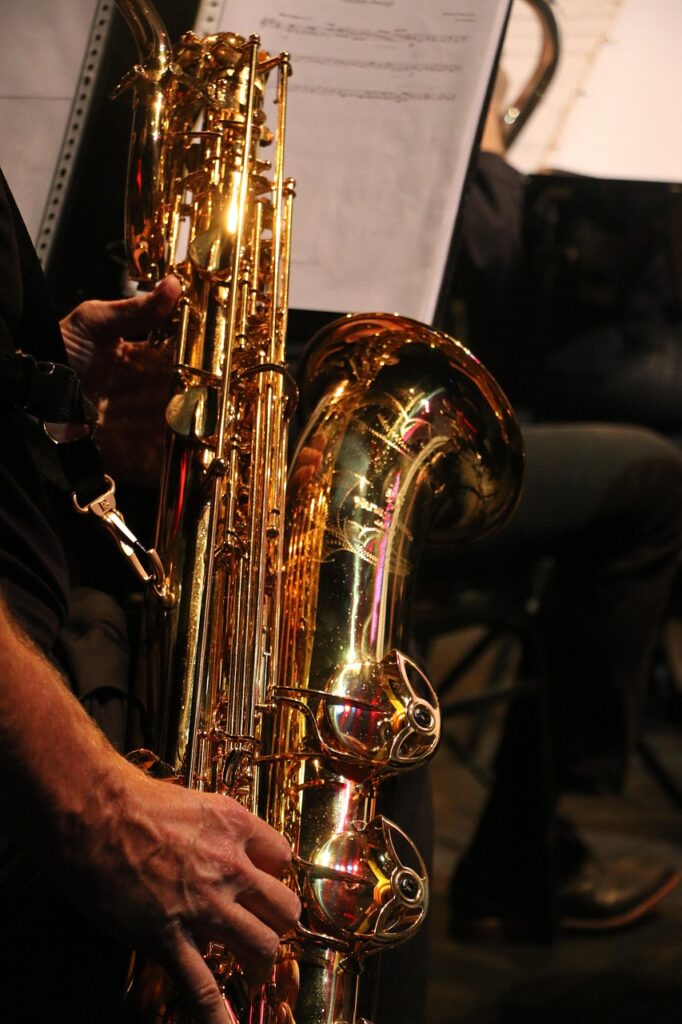
14. **Post-Cleveland Engagements and Sustained International Presence**Even after concluding his transformative 18-year tenure as music director of the Cleveland Orchestra in 2002, Christoph von Dohnanyi maintained a vigorous international career, continuing to shape musical discourse across Europe and beyond. He held the esteemed title of principal conductor of London’s Philharmonia Orchestra from 1997 to 2008, a period during which he also became honorary conductor for life of the ensemble, a rare distinction reflecting his profound impact. Subsequently, he served as chief conductor of Hamburg’s NDR Sinfonieorchester from 2004 to 2010, further demonstrating his ongoing leadership in prominent European musical institutions.
His demand as a guest conductor remained high, a testament to his enduring artistry and critical acclaim. He frequently led the remaining four of America’s “Big Five” orchestras—the Boston and Chicago symphonies, the New York Philharmonic, and the Philadelphia Orchestra—as well as the Vienna State Opera, the Zurich Opera, and the Orchestre de Paris, among others. These engagements underscored his reputation as a conductor capable of inspiring top-tier ensembles worldwide, delivering performances noted for their precision and interpretive depth.
Mr. Dohnanyi also returned to Northeast Ohio several times in the years following his departure from Cleveland, gracing the podium as a guest conductor of the Cleveland Orchestra. These return appearances were consistently “widely heralded by listeners and media alike,” with a 2014 Plain Dealer reviewer noting that Dohnanyi “remains a powerful and beneficial influence, fully worthy of his specially created position.” His final appearance with the orchestra occurred in 2015; he had been scheduled to conduct in 2017 but withdrew upon medical advice, marking the end of a remarkable half-century-long career that left an indelible mark on the global classical music scene.
15. **A Legacy of Unwavering Standards, Profound Impact, and Artistic Truth**Christoph von Dohnanyi’s legacy is defined by an unwavering commitment to musical excellence, a profound impact on the institutions he led, and a relentless pursuit of artistic truth. His 18-year tenure in Cleveland is widely regarded as one of the finest musical partnerships of the 20th century, a period in which he cemented the orchestra’s reputation as a global powerhouse. Upon his departure, he was fittingly elevated to the esteemed position of the orchestra’s music director laureate, a title reflecting his lasting influence.
He himself articulated the profound significance of his time in Cleveland, stating, “It’s been the main part of my musical life. I learned so much from this orchestra. This absolutely boosted my understanding of music and music-making. It was a very important time for me. It set standards.” He viewed this period as the “most satisfying achievement of his career,” emphasizing that the experience with the Cleveland Orchestra provided a benchmark for what was truly possible in orchestral performance, informing his work in other esteemed venues globally.
His personal life, marked by divorces from his first two wives, German actress Renate Zillessen and soprano Anja Silja, offered a glimpse into the intense dedication that consumed his professional existence. “My profession eats you up. In a way, it has to. The profession doesn’t really let you rest. Things grow on you. There are so many things to try to find out musically, and it never stops. Once you’re in it, you’re obsessed with it,” he reflected. This obsession, however, ultimately led him to find contentment in his third marriage to Barbara Koller, an Austrian violinist and arts manager, and he remained close to his five children.
Mr. Dohnanyi’s dedication to setting and maintaining lofty standards, his advocacy for a diverse and challenging repertoire, and his meticulous, intellectually rigorous interpretations created an enduring model for orchestral leadership. His belief that art, like religion, serves as a ‘help’ in difficult times, forged in the crucible of his youth, permeated his entire career. He dismissed concerns about working in the “long shadow” of predecessors like George Szell with characteristic clarity: “I don’t care about shadows; I care about light. George Szell was for me a great light. I hope that I can bring a little bit of light to the orchestra as well.” This profound commitment to illuminating the essence of music, untainted by ego or historical comparison, stands as the most resonant chord in his remarkable, globally admired legacy.
Read more about: The Truth About Brad Pitt & Angelina Jolie’s Daughter Zahara
Christoph von Dohnanyi’s passing marks not an ending, but a continuation of his legacy, echoing in the halls of Severance, Salzburg, and beyond. His contributions to classical music, his tireless pursuit of artistic integrity, and his ability to inspire musicians to their highest potential will undoubtedly resonate for generations, a testament to a life lived in service of sound.

